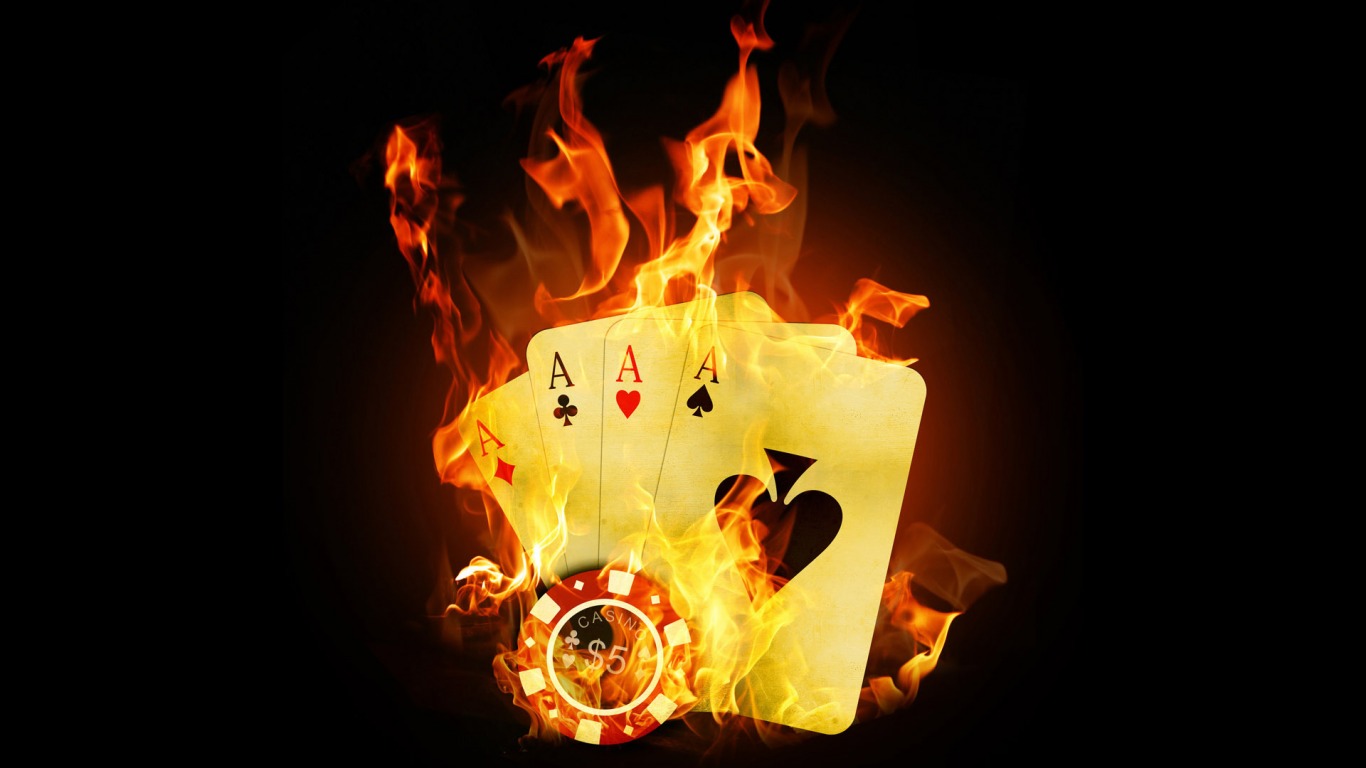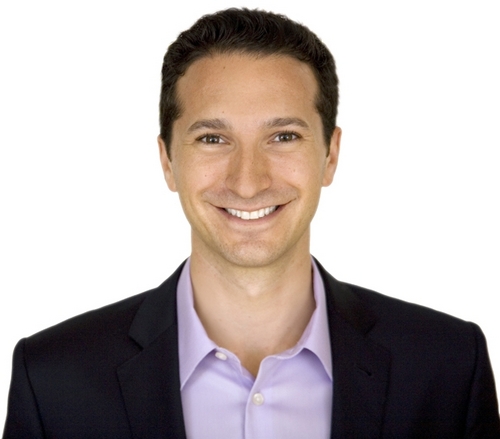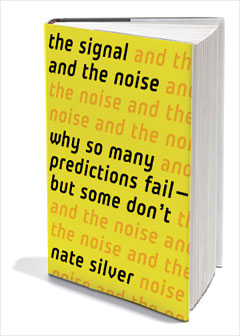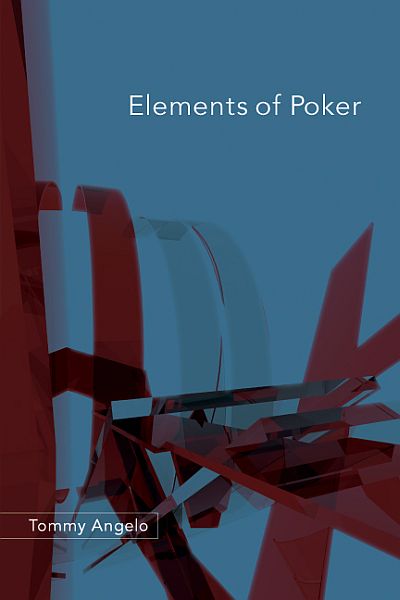
Tilt and psychology: Tommy Angelo
Later, while I was getting bored of poker strategy books (each book has beautiful bring new, but each book also repeats part of what has been said), I discovered Tommy Angelo. His book Elements of Poker was a key book in the history of poker books. Tommy was one of the first to really take an interest and talk tilt. Tommy explains that several players have a very solid poker even if they are losing players. They are not necessarily losing players because they have flaws in their game, but simply because they tilt too. It is also the first author to my knowledge about the game A and the importance of playing his A game (the A game is a particular state of mind which is the inverse of tilt).
If a player can make $ 1M per year playing poker his best (his A game), it can also be a break even if the player does not play often enough his A game, it shows the importance of psychology in poker. The tilt is often the difference between a player who loses one big blind per 100 hands and another who earns 1 big blind per 100 hands. On a scale of hands big enough, it can be the difference between losing $ 100,000 per year and earn $ 100,000 per year.
You can also read a series of articles that PokerCollectif translated it for you in French here: http://www.pokercollectif.com/tag/Tilt-attitude.html
His book Elements of Poker remains a classic poker books if you like books on psychology.
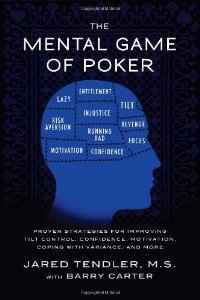 The mental game of poker: Jared Tendler
The mental game of poker: Jared Tendler
After fashion "Angelo", comes the fashion Jared Tendler is still current.
There are some years already, all poker players spoke of Tommy Angelo when it came time to talk about the tilt control. As we know, many good poker players are losers because they tilt too. In parts of upper limits where all opponents are competent, the edge (advantage) that we may have over his opponents may be that it does not tilt (or less than his opponents). In other words, in some parts, the edge of a player will be his "mental game". Alan Jackson recently said in a video on BlueFire he encountered poker players who were probably better than him, players with whom he talked about poker for hours and hours. Whenever the player said something about poker, it made sense and it was intelligent. Yet despite all these players were losing players in the long term. The problem of course is their mental game!
It is this problem that the author wants to address through his book The mental game of poker.
Jared Tendler has a degree in psychology from Northeastern University in addition to a license as a counselor. It is mental coach since 2005. Earlier in his career, he was coach for golfers of the PGA (Professional Golfers' Association of America). Today, it is coach for poker players.
This book is currently "the nuts" to work his mental game whether you're a beginner, intermediate or advanced. Take note in conclusion that the level of your mental game does not necessarily have to bond with your level of technical poker. You can be a player NL2 and have a great attitude and a mental game "advanced" and, conversely, be a player NL1000 and have incipient mental game.
Jared Tendler has there some months, offered a free consultation to our members to give you an idea of his teaching.
Full session include (in audio format) with our friend Giggy: http://www.pokercollectif.com/Divers/the-mental-game-of-poker-avec-drgiggy-et-jared-tendler.html
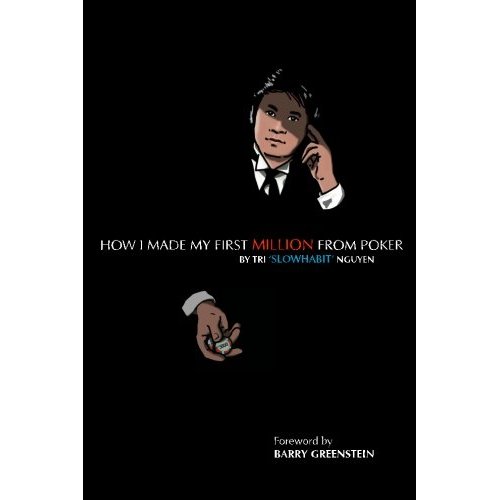 How I made my first million from poker: Tri Nguyen
How I made my first million from poker: Tri Nguyen
Sort "Slowhabit" Nguyen is the man derrièrewww.dailyvariance.com, the independent publishing specializing in poker books home. Dailyvariance is best known for publishing the famous Let There Be Range (which today is exceeded), the co-written with Cole South who at the time was selling for $ 1850 (book today he is "reduction "50%, do not worry). Tri also writes regular manner as collaborator in Card Player magazine. Before becoming a businessman in the publishing world poker books, Tri was primarily a poker player Highstakes which skirted the best players in the world (Ivey, durrrr and company).
If you visit, you will see that the works are quite expensive, but quality standards are quite high (well-written book, concise and publisher refund any dissatisfied purchaser). Obviously, an ebook to $ 1850 will not be the most useful for all players, but for a player Highstakes, the investment can be profitable.
How I made my first million is as entertaining and instructive book; not on the technical side of poker, but the aspect most psychology or the lifestyle of a poker player might say.
The book is really interesting and even if you do not learn to bluff or play JTs in a family pot against 2 good regs and 2 fishs, you will realize (if it is not already) the importance of mental work poker. We read How I made my first million as a novel and there is no length. Some recommendations have already been made by others, but in the field of mental work, repetition plays an important role (how many things have you learned that you have forgotten?) Anyway, I had a lot of fun read this book that I recommend for both beginners and advanced players.
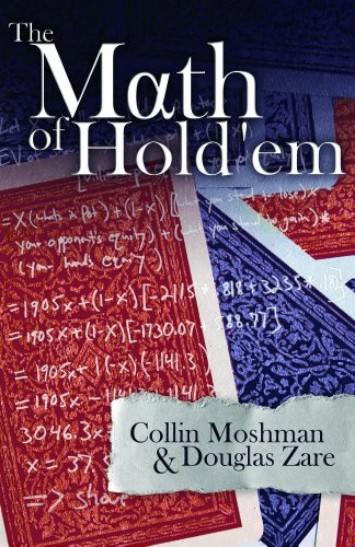 Poker and Math: The Math of Hold'em by Collin Moshman
Poker and Math: The Math of Hold'em by Collin Moshman
After several books on poker mathematics (math has always been part of this game and is not taken into account is a serious error) more complicated than each other, Collin Moshman in collaboration with Douglas Zare finally presents a book on mathematics that interest us. There was really interesting with this book is that it is less abstract than many books on the subject I've read. Examples of the genre: what equity do I need in such a situation for semi bluff and how to calculate it. Sometimes simple examples open eyes on, for example, low fold equity that we need in a situation to make a bluff or semi-bluff profitable. The book also includes a comprehensive section on tournaments (how to use the ICM, how to adjust when the antes come into play, etc.).
In short, even if you are not very connected to the math of poker, I recommend to all (regardless of your level of play) reading this book.
Sometimes the book makes us remember things and makes us aware of some things that you might know, but that would have been forgotten. Too often people play intuition without making the necessary calculations to confirm their intuition and this can cost them big blind per 100 hands!
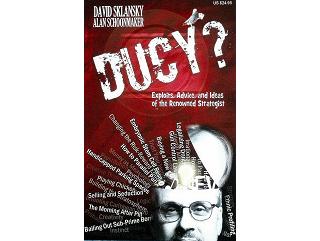 Psychology: DUCY?
Psychology: DUCY?
A book on the sidelines of poker, but that will certainly be of interest to poker players. DUCY is popularized on forums twoplustwo by the author expression of a work cited above, David Sklansky (because he used to write "Do you see why?" At the end of his posts) . DUCY is not a poker book, but a book on the art of making money and think intelligently in life. The art of making any + EV whatsoever to pay a parking ticket or to buy a car.
Sklansky has long worked for the owners of casinos in Las Vegas and he knows it well in the art of manipulating people for withdrawing their money (he gives us his stuff). Just look at this book as a way to make money, but in life in general and not on the poker tables.
Several interesting anecdotes in this book. For example, one day he met a beautiful girl he proposed to get a drink or go to a restaurant (no matter, the goal is to review the girl). The girl agreed and gave him her phone number.
A few days later, Sklansky calls the girl in question to go out to dinner. The girl said: "Tonight, I'm already taken, but call me in one week and do it again."
A week later, at his request, Sklansky remember to go to the restaurant. The girl holds the same speech: "I'm sorry, I'm still taken, but remind me in 4 days and we will deliver it."
At that time, he decided to give him a last chance. Four days later, he decided to call her and her story is the same.
It was then that he said: "Ok, that's 3 times you tell me no and then I've had enough I'll give you $ 1,000 if you spend the evening with me and I pay for his meal at the restaurant..
All I want is to spend time with you. Call me when you're free. "
The next day, the girl phoned Sklansky and wanted out. At this point, Sklansky served him his own medicine: "I'm sorry honey, I'm taken tonight, but if you call me tomorrow, I'll be free." The next day, the girl recalled, but obviously Sklansky repeated to him the same thing, etc..
It also tells how he went about solving problems by people for whom he worked in casinos.
For example, a casino owner gave him the following problem: "To keep people in my hotel, where are my casinos and they play as much as possible, I decided to make $ 1000 per day between noon 19:00 The winner is announced over the intercom and 15 minutes to come and collect his prize. Unfortunately, despite this draw., people do not stay in the casino and will probably also play in other casinos. "
To remedy this situation, Sklansky has found the solution: write large and put the photo of anyone who has not claimed his prize. Like "Bob Smith was not present at 14.45 and therefore could not reach the $ 1,000 prize he won."
People do not want to live with the obsession to win and not to touch the money. This is something to win a prize, not to touch, but do not know. But when we know, it's frustrating and we do not want that to happen to us. Therefore, we remain at the hotel for fear of being THE winner would be absent.
With his idea, the influx of casino has more than doubled in the weeks following the announcement of this new policy.
Short, interesting for all lovers of Business Psychology book!
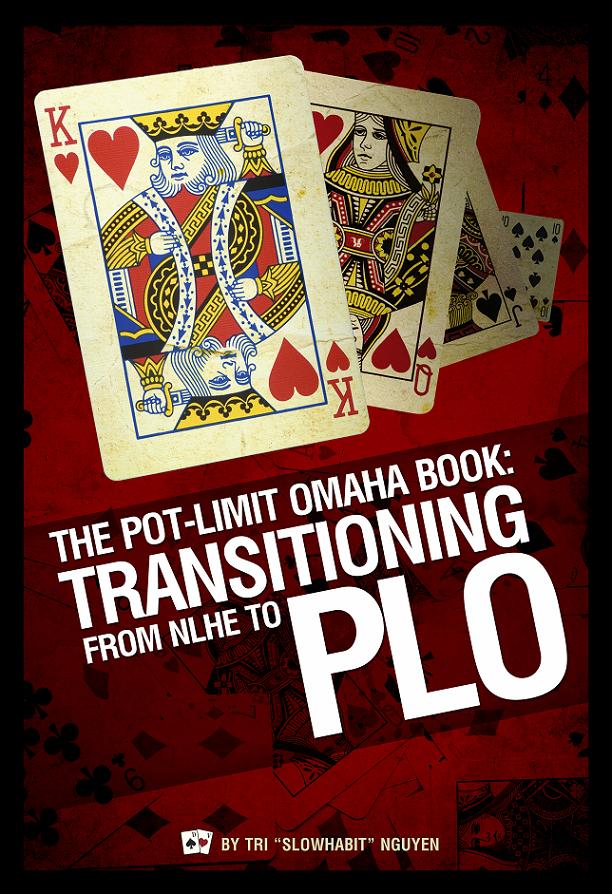 Pot Limit Omaha: The PLO Book: Transitioning from NL to PLO
Pot Limit Omaha: The PLO Book: Transitioning from NL to PLO
Once again, the book that I consider most important for those who want to jump PLO (when you see that there is variance in this game, I assure you that you will make the jump) is a work published by DailyVariance.
The big advantage of this book is that it caters to people who have a basic NLHE and is probably a style of play NLHE players coming PLO can develop bad habits (such as being on -assess some type of hands). This is the warning that you will receive important genre in this book that is a snapshot of information about the OLP. Of hand strength to bluff through the image, is definitely the book you should read if you intend to embark on this variant of poker is becoming more popular (benefit it while the games are still very soft drinks!).
Discuss this article on the forums PokerCollectif: Classic poker books for serious players - Part 2 of 2

